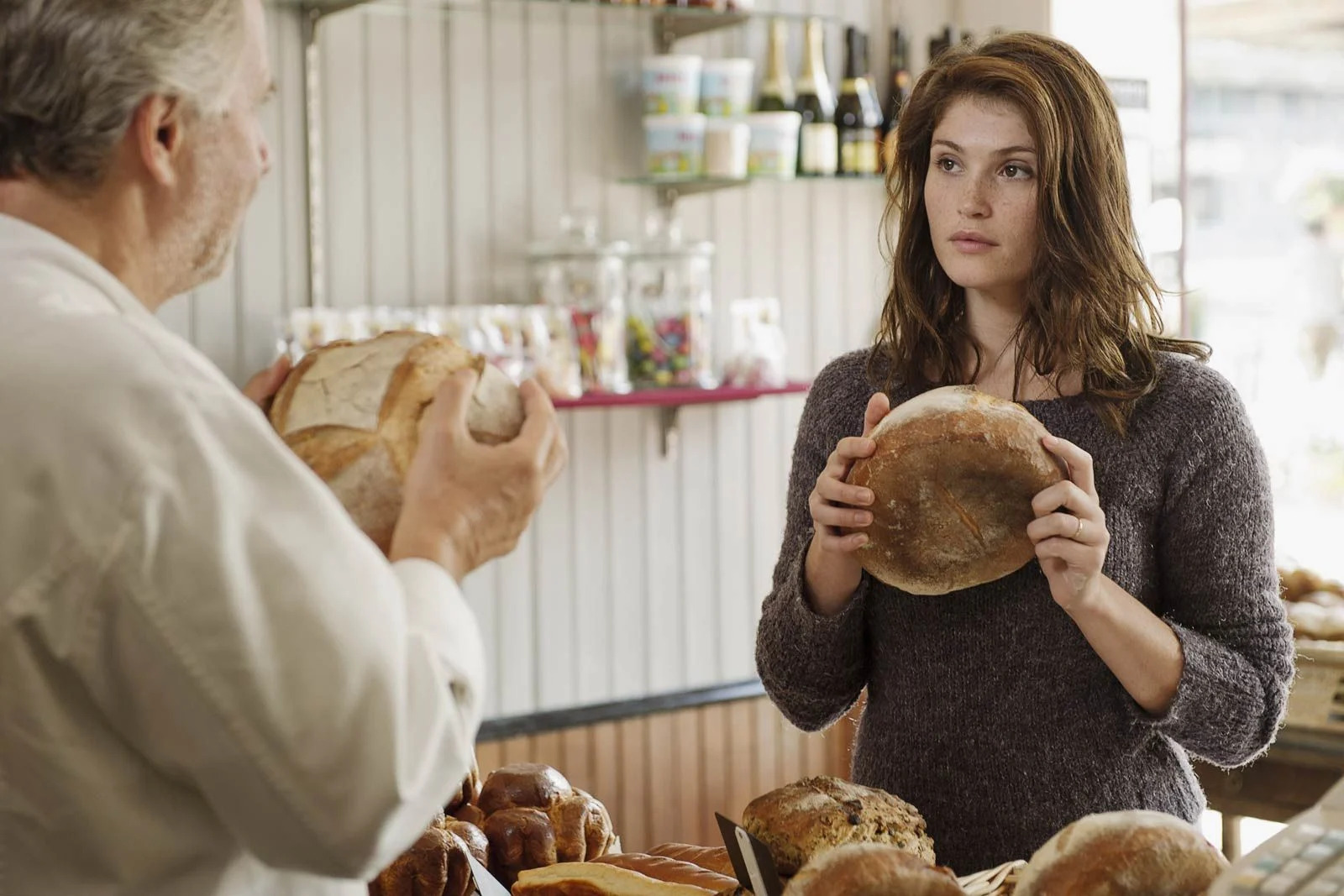 Image courtesy of France Channel, “Gemma Bovery,” (2014)
Image courtesy of France Channel, “Gemma Bovery,” (2014)
In France, the neighborhood bakery—la boulangerie—is far more than a place to buy bread. It is a social institution, a daily ritual, and, in many ways, a microcosm of French society itself. From the early morning rush to the quiet afternoon lull, the line in front of the boulangerie reflects not just consumption habits but also cultural norms, social hierarchies, and the rhythms of community life. Sociologists and anthropologists have long noted that these interactions, seemingly mundane, reveal profound insights into French identity and the social contract that binds citizens together.
Ritual and Routine
The daily pilgrimage to the boulangerie is a ritual embedded in French life. Many families follow strict routines: one person in the household is designated le boulanger for the day, tasked with retrieving baguettes or croissants at precisely the right hour. The bakery line itself is governed by an unspoken etiquette: one does not cut in line, greetings are exchanged, and regular customers may receive special attention or a knowing smile from the baker. This shared structure fosters a sense of community while reinforcing cultural norms of politeness, patience, and mutual recognition.
Microcosm of Social Hierarchies
Despite its small size, the boulangerie line mirrors broader societal hierarchies. Regular customers, often recognized by the staff, receive subtle privileges: a loaf reserved, a small discount, or a friendly conversation. Newcomers or tourists, by contrast, are treated politely but formally, highlighting an implicit social stratification based on familiarity, local knowledge, and tenure within the community. In this way, the bakery serves as a miniature stage where social bonds are negotiated, tested, and reinforced daily.
Gender, Age, and Social Roles
The demographic composition of a typical bakery line also reveals cultural patterns. Older generations often maintain the early morning routines, while younger adults and working parents appear later in the day, balancing convenience with the demands of professional life. Women and men alike participate in these daily transactions, reflecting both shared responsibility and subtle continuities in gendered roles within French households. Even children, often sent as emissaries to retrieve bread, are introduced early to these social rituals, learning lessons in patience, etiquette, and community awareness.
Conversation and Connection
Beyond transactions, the bakery line functions as a site of social interaction. Neighbors exchange news, opinions, and gossip while waiting, creating a form of “micro-public sphere” in which local information circulates. In rural villages, where public spaces are limited, the bakery often doubles as an informal meeting place for discussing politics, local events, or cultural happenings. Urban boulangeries, though busier, still facilitate brief but meaningful interactions that strengthen social cohesion and maintain communal memory.
Cultural Symbolism of Bread
Bread itself carries symbolic weight in French culture, elevating the act of buying it into a social ritual. The baguette, with its long shape and daily consumption, is not just food but a symbol of national identity, artisanal craftsmanship, and continuity. The line at the bakery, therefore, is more than practical necessity—it is a collective acknowledgment of tradition, taste, and shared cultural values. The interactions here reflect a societal rhythm, a balance between individual desire and communal norms.
Conclusion
The humble boulangerie line offers a lens through which to examine French society at large. In the ebb and flow of customers, the subtle recognition of regulars, the polite gestures, and the quiet conversations, one can observe patterns of social hierarchy, community cohesion, and cultural continuity. Far from being a mundane chore, queuing for bread becomes a ritualized, performative space in which citizens enact, reaffirm, and negotiate the social fabric of their communities. The bakery line is, in essence, a daily exercise in sociology—a small-scale mirror of a nation’s culture, values, and social rhythms.